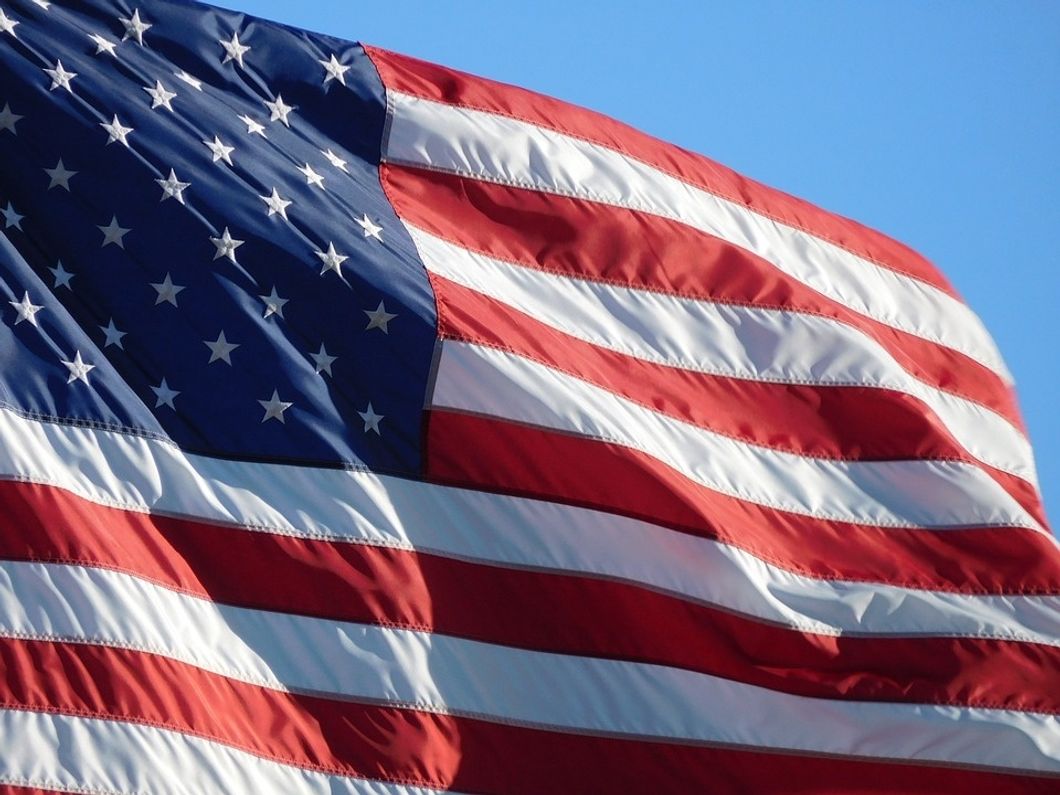How many continents are there in the world? The answer might surprise you.
If you're like me, you learned in elementary school that there are seven: North America, South America, Europe, Africa, Asia, Australia (or Oceania), and Antarctica. The other night, I had dinner with an Argentine family, and I was talking to an elderly lady who said that there are five continents in the world: Europe, Africa, Asia, Oceania, and America--yes, just plain "America", not "the Americas." My host here concurred: there are five continents in the world. That is what they learn here in school.
Now, it kind of makes perfect sense that they don't count Antarctica as a continent: it is, after all, ice rather than land, and no human populations inhabit it. I don't know much about the dispute about "Australia" vs "Oceania", and, by the way, I can also see the merits of "Eurasia" instead of "Europe" and "Asia"--after all, it's a unified land mass. What I want to focus on, however, is the idea of "America." (I mentioned this briefly in my previous article, and it really does deserve a treatment of its own.)
In English, the only adjective for people from the U.S. is "Americans." In Spanish, there is an alternative adjective: "estadounidense." (Literally, "of the United States ('Estados Unidos')". If I went out on the street and said to an Argentine-born stranger that I am "an American", they might get extremely offended. The typical way of thinking here in Argentina is that all of the many countries in this hemisphere are "American."
The only popular concordance with this idea in the U.S. (that I can think of) is the (problematic) phrase, "Columbus discovered America". Never having set foot in what is now the United States, the implication here is that "America" refers to the "New World" in general. When we "estadounidenses" in our everyday lives refer to ourselves as Americans and deny that term to everything south of the border, there is a very serious issue here, once you think about it. The United States of America is an extremely large country, and it is perfectly possible to spend your whole life traveling throughout the nation without once leaving it and still encounter a lifetime's worth of cultural diversity. We were the pioneers in winning independence from colonial control, and our country is indeed called "The United States of America." (Important note: my host was dead-serious under the impression that we are "The United States of North America", and I hardly think that she is alone in that impression.) We are a global superpower and at the same time can be heard to say that we are the self-contained embodiment of all that is wonderful on this planet. In Europe, I've been told, "American" is taken to refer to the U.S., and I suppose that it is likely so in other parts of the world. This dispute, then, is a matter of lack of communication between the U.S. and its southern neighbors. If we are ever to arrive at beneficial relations between the different nations of this hemisphere, the difficulty here needs to be recognized on our part.
The relationship between the U.S. and Latin America has been fraught with difficulty since the very beginning. The U.S. has gained a Manichean reputation of being either the most glorious of the American republics, or the most reprehensible, and the perceived egocentrism of our use of the words "America" and "American" is a large part of the latter view down here. The current crisis over Venezuela illustrates this pretty well. (This video is a pretty cool overview of the issue if you're unfamiliar with it. In including it, I am not, however, taking any particular position on the topic.) For us in the U.S.A., there are "the Americas"; for Latin Americans, there is only "America." If I didn't know any better, I might, like many people in the U.S., have gone my merry way all the way to that great 4th of July parade in the sky without knowing about the difficulty of the word "American." As it is, a very great deal hinges on how that word is used. It is, I would venture to say, one of the most significant facets of the many concerns for how our generation and the following one view themselves vis-a-vis the rest of the world.

















